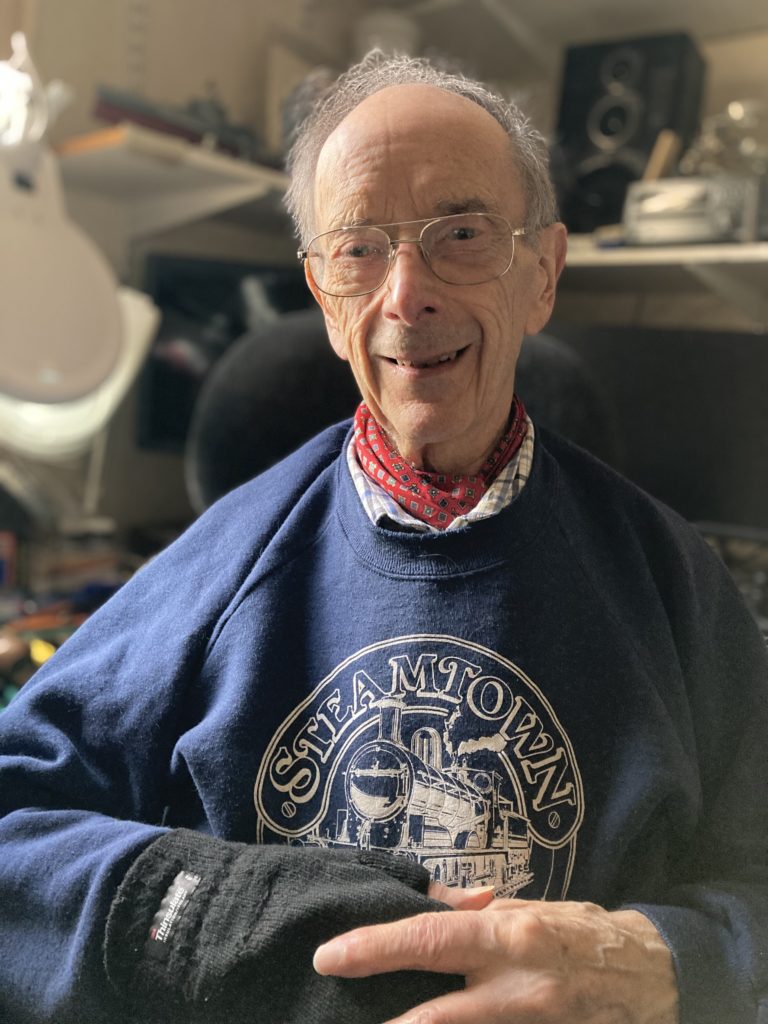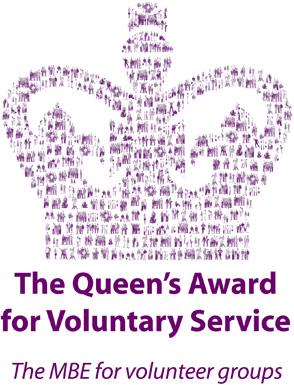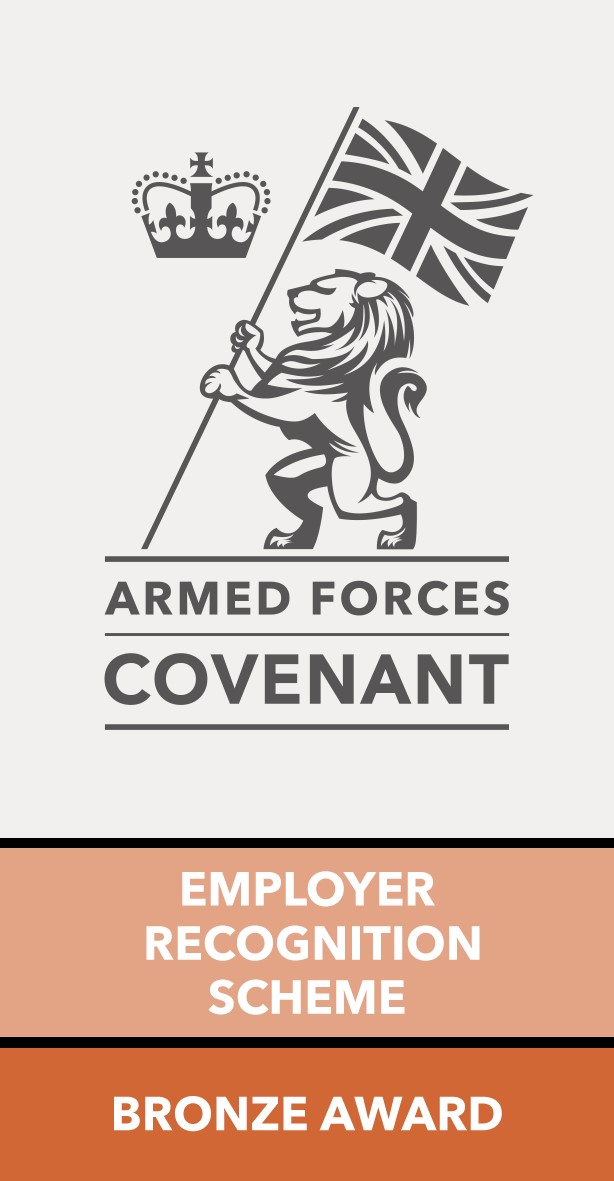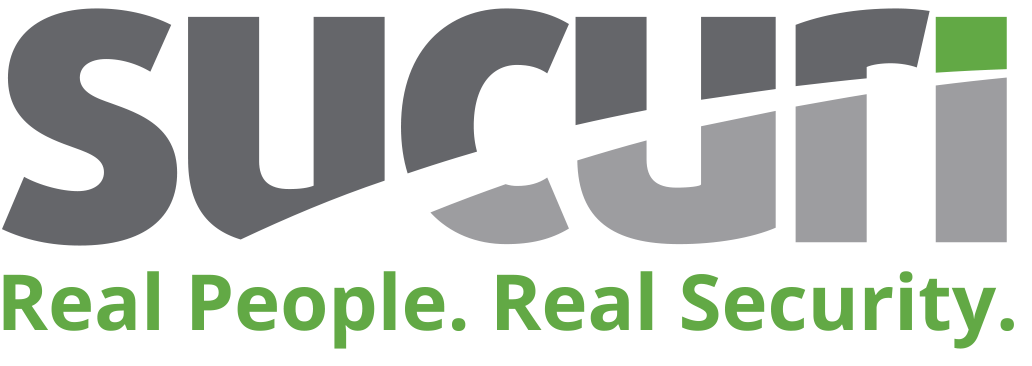
Vin is supported by our Outreach team. Our nurses help him by managing his symptoms – allowing him to live his life well.
You may never have heard of Vin Callcut. But the unassuming 86 year-old from Shropshire is a big name to those in the know.
He is a highly respected collector of brass and copper in this country and is a world expert on copper alloys.
Vin lives with his wife Hilary and two Burmese cats in one of Broseley’s many historic houses.
After years spent in the copper industry in the UK and abroad, he now works from his home office, surrounded by copper and brass items collected over the years.
Sharp
And while his body may not be as strong as it once was, his mind is still as sharp as a tack, and he thoroughly enjoys discussing his long and distinguished career.
He has been in the care of Severn Hospice after being diagnosed with heart failure and cancer and is supported by our Outreach nurses.
They ensure that he is comfortable and that his symptoms are managed in a way he can live with.
His home once used to burst at the seams with copper and brass items but recently he has been dispersing his collection of domestic items mostly made during the formative period from 1851-1951.
But while the physical pieces may be going, he has a towering encyclopaedia of metallurgical knowledge and makers’ marks on his website ‘www.oldcopper.org’ – which gets more than 40,000 hits each month from all over the world.
Live well
“But although I am ill, I can live well, and that is down to Hilary and Severn Hospice’s Outreach nurses who visit me,” he said. “It is difficult living with my illness, there are limitations that have been placed on me, I can’t move about as quickly; I get tired very easily and I have other problems associated with the health conditions I have.
“But thanks to Severn Hospice, I can keep busy working on my website and talking with people around the world – they send me questions and ask for information. While I cannot keep physically active, I keep mentally active.”
“It has been a lifetime’s work,” said Vin. “I have lived a very full and interesting life and was paid to do something I enjoyed. I looked forward to going to work each day. I love helping people and I see that my work with them has developed their knowledge of metals.”.
Vin’s interest began as a six-year-old living through the Blitz in London. He used to scavenge amid the bomb sites for shrapnel and was fascinated by the distortions and markings left on metal by explosions and by the original precision machining by the ordnance makers.
“My dad was in the Home Guard, and I used to take home all the metals I had found for him to see. He was London’s top ‘Noiseless’ typewriter engineer and used to recondition the typewriters from the Fleet Street press rooms at the Daily Mail and Times which had suffered in the bombing raids. He got them fully restored and back to work despite the fire and water damage.
Mr Copper
“Metal really is part of me. I spent my working life in the copper and brass industry exploring new uses for copper, brass and other copper alloys – I became known as Mr Copper.
“I had started in research work, moved into the industry at Enfield Rolling Mills and then joined the Copper Development Association, becoming Director. As chairman of the British Standards Institute copper committee, I led the UK delegation at many meetings creating European and international standards for copper and copper alloys.”
Vin was awarded The Institute of Materials ‘Sir Ronald Prain’ Medal in 1999 in recognition of his services to the copper industry.
“In retirement I wanted to do something to help people understand how and why something had been made. I did think about writing a book but that wasn’t practical, so I decided on the website.
“I’m a metallurgical dinosaur now and that’s regrettable but it is just a sign of the times,” added Vin.
Empowers
Outreach nurse Lynn Davies visits Vin though her links with Broseley surgery. “I go to Vin whenever he needs to see me and needs our support. We can help with the management of symptoms such as breathlessness and fatigue and our work empowers people and enables them to live as normal a life as they can – despite their illnesses.”






